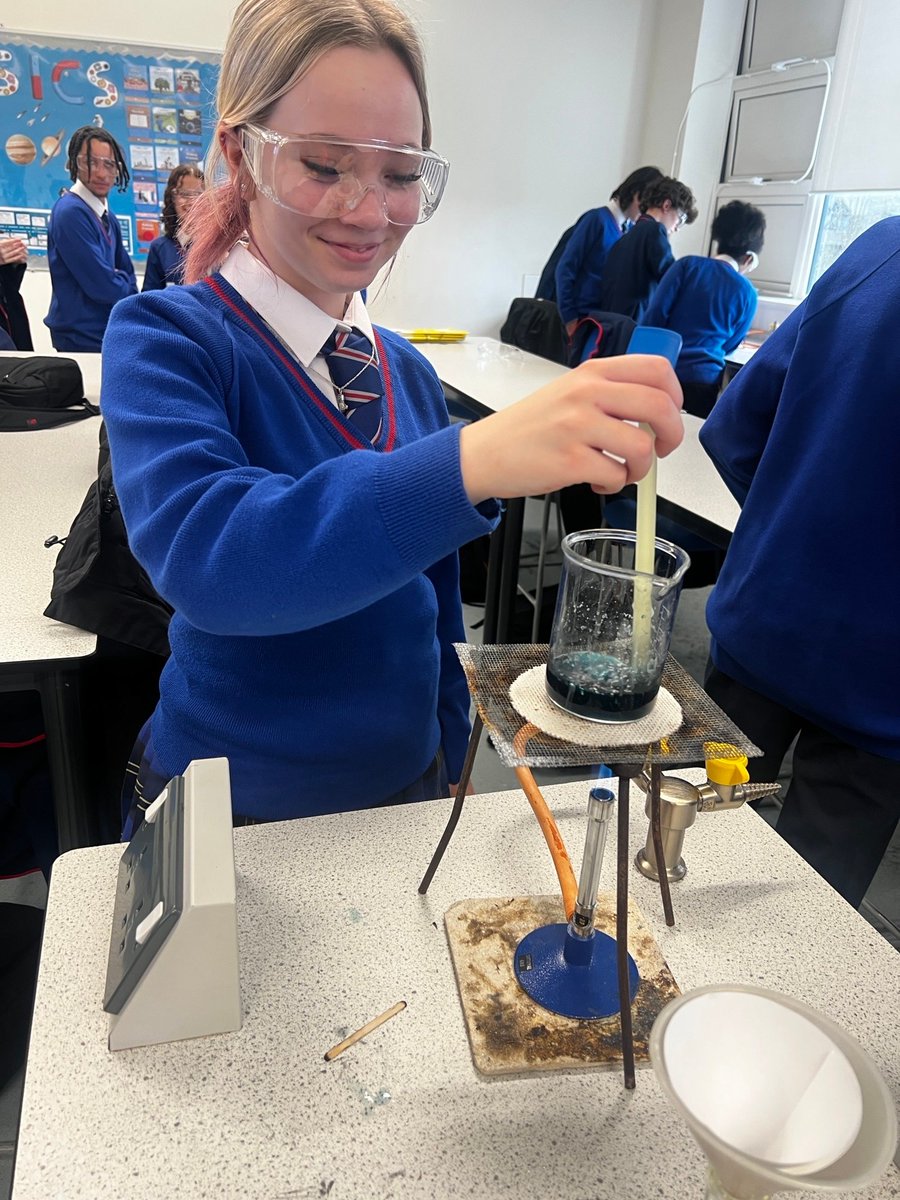Drama
Curriculum intent
Drama is a universal language that embodies one of the highest forms of creativity. Our high-quality drama education will engage and inspire students to develop a love of Drama and their talent as practitioners. As students progress, they will develop a critical engagement with drama, allowing them to devise, perform, appreciate performance and bring dramatic texts to life.
For further details of the Drama curriculum please see the documents at the bottom of the page or contact Mr. C. Argyrakis.
The key concepts in drama are skill-driven and aim to build personal skills which can be relied upon to succeed, not only in drama lessons but beyond school life and in future employment.
At the heart of drama is the development of these skills in all students; engagement, communication and oracy, creative imagination, clarity of expression, autonomy, leadership confidence and cooperation.
There is more to drama than being able to perform on stage. Opportunities are embedded for students to be able to hone and develop performance talent but equally important is the ability to understand the purpose of the theatre we create. Drama mediums, elements, explorative strategies and methodologies of theatrical practitioners are introduced throughout the key stages to enable students not only to ‘re-enact’ but to shape their own unique ideas with a greater understanding of the need for style, intention, theatrical creation and to learn to celebrate individual and unique perspectives.
The curriculum is structured based on the expectations for GCSE Drama whereby key concepts and skills required by the end of Year 11 are fed down into schemes of work from Year 7 upwards.
Within all key stages, students will be exposed to three components within the Edexcel GCSE Drama specification: Component 1 devising, Component 2 performance from text and Component 3 bringing texts to life, designed to raise expectations and standards from the start of Key Stage 3 and ensure that drama knowledge is being understood both practically and theoretically. With this in mind, students will explore the roles and responsibilities of the performer, director and designer.
Within our curriculum, we include a range of texts to explore diversity and a range of social, historical or cultural contexts to encourage tolerance and understanding. We aim for students to attend regular theatre opportunities to inspire them creatively and to develop their cultural capital. This will support them to not only form their own opinions of theatre, but to appreciate the choices of others. Along with the performance element of drama, students will develop their analytical minds whilst communicating effectively through written and oral means.
Post GCSE Drama, students can continue further study within the subject by taking the A-Level Drama and Theatre course. There are many career paths individuals can take relating to drama and theatre such as becoming an actor, stage manager, arts administrator, drama teacher, drama therapist, television production assistant, radio presenter, theatre director etc.
Year 7 Drama
|
Autumn 1 |
Autumn 2 |
Spring 1 |
Spring 2 |
Summer 1 |
Summer 2 |
|
Mime |
Clowning |
Narrative Theatre |
Origins of Greek Theatre & Mythology |
Theatre Around the World |
Shakespeare Macbeth |
Year 8 Performing Arts
|
Autumn 1 |
Autumn 2 |
Spring 1 |
Spring 2 |
Summer 1 |
Summer 2 |
|
Stage Combat |
Film Music Performance and Composition |
Reality TV |
Blues performance arranging and Improvisation |
Technical Stage Design |
Classical and Romantic Orchestra |
Year 9 Performing Arts
|
Autumn 1 |
Autumn 2 |
Spring 1 |
Spring 2 |
Summer 1 |
Summer 2 |
|
Proxemix and Status |
Hip Hop Performance and Composition |
Devising using different practicitioners |
Bhangra and Musical Fusion. Performing and Arranging |
Directing and Designging |






















